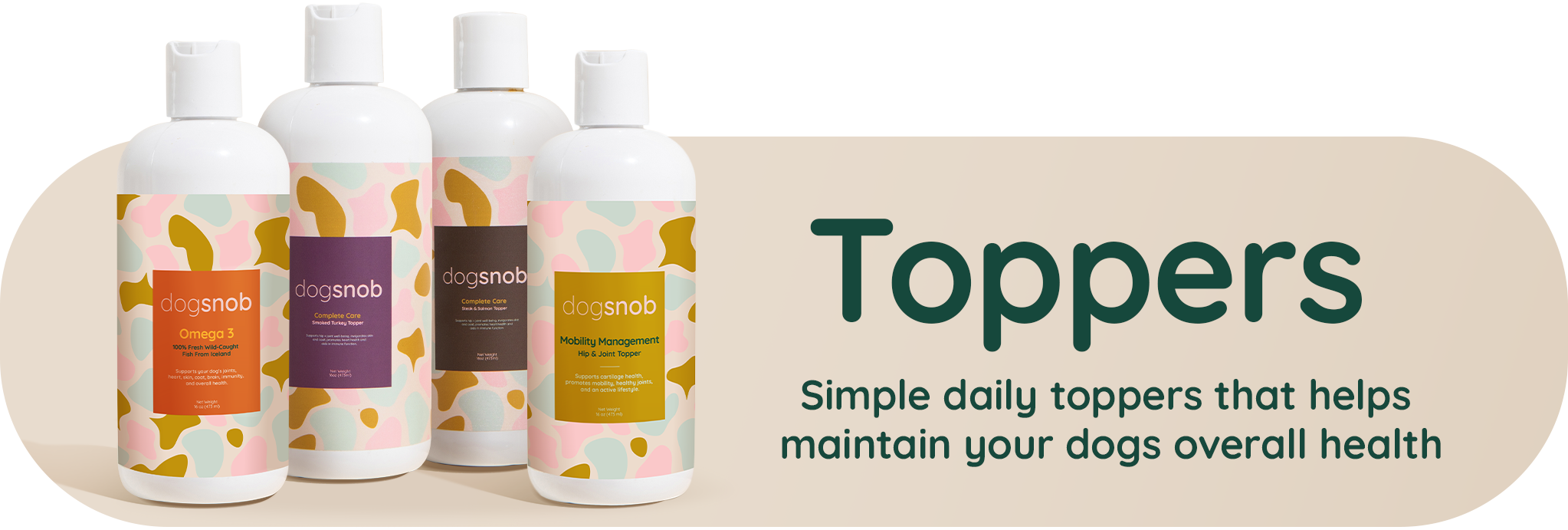Avocado toast is great and all, but are they safe for your dogs? Find out below if avocados are good or bad for your dog.
Is avocado bad or good for dogs?
Avocados are generally okay for dogs to consume, as long as the pit and the skin are avoided. Avocado has a lot of nutritional value that is beneficial to dogs. It contains healthy good fats and fatty acids, as well as vitamins and minerals like Vitamin A, B3, B6, C, E, Potassium, Magnesium, and more.
These nutrients in avocado are great for improving the dog’s coat and fur. The fatty acids, Vitamin B3, Potassium, and folate keep your dog’s fur smooth and shiny. Meanwhile, Vitamins A, B3, B6, C, and E are equipped to make your dog’s bones healthier and stronger.

However, just because it contains all of these great nutrients, it does not mean that avocados are completely safe for pups to eat. As a matter of fact, a toxic agent called Persin is found in the avocado’s leaves, stems, seeds, skin, and a little bit on the flesh. The exterior of the avocado (stem, leaves, skin, and pit) has a higher concentration of Persin compared to the flesh itself.
This means that dogs can eat a controlled amount of fresh avocado flesh with no problem. They will have to eat a lot in order to feel something, however, they still shouldn’t eat the skin, stem, and pit as these parts will cause more discomfort for them.
Avocados and dog’s digestive system
Pit
The avocado pit is the biggest concern here. Sure it has the toxic Persin, but it is the golf-ball-sized stone that is large enough for your dog to swallow and choke on.
If swallowed, it can get stuck in its throat and block its airway passages. Worse is even if your pup manages to swallow the pit and push it down to its stomach, the pit can still cause serious blockage in the intestinal tract.
A severe blockage in the intestinal tract causes bowel obstruction in dogs which can lead to fatal results within 3 to 7 days. it is important to store discarded avocado pits properly so your pup can be nowhere near them. If your furry friend manages to swallow an avocado pit, call your veterinarian or emergency pet hospital immediately!
Skin
Dog owners should also be concerned with the skin of the avocado. The skin contains Persin which is known to be harmful to dogs, especially in large amounts. Other than that, the skin will also most likely be exposed to harmful chemicals like pesticides which can lead to your pup’s discomfort.
Severe health problems—and worse, death— is expected in dogs who have a significant exposure or consumption of Persin. If your dog accidentally eats avocado skins, consult your veterinarian right away.

Flesh
Unlike the avocado’s pit and skin, the flesh itself is less dangerous to eat. Avocado flesh carries significantly less Persin, which makes it edible for dogs. However, significant less does not equate to zero. The flesh of avocado still contains small traces of Persin, so it is highly advisable to only feed your dogs small amounts of avocado.
Other than the dangers of Persin, the flesh also contains high-fat content and although this said fat is generally considered “good fat,” it is still not suitable for certain dogs with pre-existing health conditions. More specifically, dogs who cannot have extra fat in their diet or those who have pancreatitis should avoid eating avocados. Too much fat, no matter how good, cause gastrointestinal problems in dogs who cannot absorb extra fat. Moreover, too much fat in the diet also induces pancreatitis in dogs.
Overall, avocado flesh is not inherently bad for dogs as long as it is consumed in moderation. Only feed them in small amounts and make sure to monitor their health after feeding them avocado for the first time. The digestion process for dogs usually takes about 4 to 10 hours depending on their size, breed, and age.
Persin
Persin is a fungicidal toxin that makes avocados dangerous to animals. According to Pet Poison Helpline—an animal poison control center—only certain species of animals are affected by the toxin. More specifically, avocado poisoning is only deadly to birds and large animals like cows, goats, and sheep.
Animals like cats and dogs are rarely affected by persin, but this does not mean that owners should be lenient in feeding their furry domesticated friends with avocados. Too many avocados can lead to discomfort and other health issues and prolonged overconsumption can lead to pancreatitis.
How to give avocados to your dog
Whether you are looking for an additional boost of nutrition for your dog or want to switch things up a bit with the kibble game, incorporating raw fruits and vegetables like avocado can be helpful. The nutritional value of avocados can help with the dog’s sensitive skin, thanks to its Vitamin E properties. Or perhaps the dogs might even just enjoy the taste of it especially if they are picky eaters!
Whichever is the case, if you want to feed your dogs some avocados, here’s how you should do it:
Portions and sizing
As owners, you should always know how much to feed your dog, especially for specific raw food. In moderation, dogs can eat about two to three bite-sized pieces of avocado as a treat. Anything more than that every day can lead to potential health risks.

Can they eat guacamole?
No, dogs cannot eat guacamole because guacamole usually contains other ingredients that are potentially harmful to dogs. Store-bought guacamole will most likely also contain ingredients that are not good for canine consumption. If you really want to though, you can make homemade guacamole as long as you use dog-friendly ingredients (and only feed them a reasonable amount).
Can they eat mashed avocado?
If it’s only plain mashed avocado, then it should be fine. It might even be better for them since the texture is softer and does not pose a choking hazard. As always though, moderation is key.
Can the dog eat avocado peel?
No, dogs cannot eat avocado peel or skin. This is where most toxin persin is contained. Avoid feeding your dog the avocado peel. If you have an avocado plant at home, make sure your dog does not go near it too. Ingesting avocado peels can cause stomach problems to dogs like constipation and diarrhea.
Can dogs eat avocado oil?
Avocado oil is safe for moderate consumption as it does not contain persin. You can use it as a topper for your dog’s kibble.
Alternatives to avocado
If you’re looking for an alternative to avocado that contains the same good fat it provides, then try using fish like salmon or tuna. There are high in omega-3 fatty acids that help with the dog’s overall health. Dogsnob’s Steak & Salmon Gravy topper is perfect for this! It contains about the same vitamins and minerals as avocados, plus it’s way better!
Summary
To sum it up, avocados are both good and bad for dogs. The flesh on its own is good for the nutritional properties it provides, but it is also bad because it contains small amounts of a fungicidal toxin Persin. The skin, peel, and stone on the other hand are very harmful to dogs so they should be avoided at all costs.
When feeding dogs avocado, make sure to only give them a little portion at a time and to monitor them just in case they get stomach upset. As always, a consultation with your veterinarian is highly recommended.





